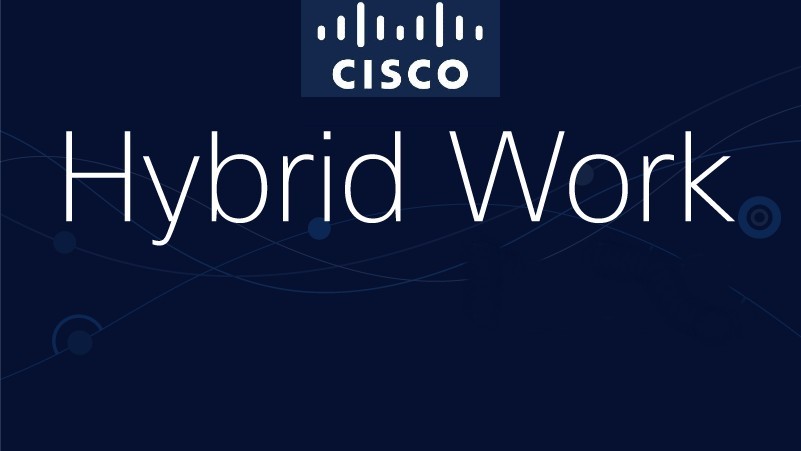Cisco introduces new technologies to help businesses rapidly scale networks and digitize operations to redefine the campus experience to support hybrid work.
Company unveils the industry’s first high-end Wi-Fi 6E access points, Private 5G for the enterprise as a managed service, and new high-powered Catalyst 9000X series switches with Cisco Silicon One to deliver top speeds and performance with the security needed for hybrid work.
With Cisco’s powerful suite of platforms including DNA Spaces, DNA Center, and Meraki, customers can simplify the technology needed for hybrid work, including smart and sustainable workspaces and secure IoT at scale.
Bengaluru, NFAPost: Cisco announced new innovations designed to power hybrid work with people working from home, in the office, or anywhere.
Businesses of all sizes are adjusting to the major digital transitions that have reshaped IT plans and operations over the past two years, spanning hybrid cloud to connect private and public clouds, AI (Artificial Intelligence) and ML (Machine Learning) for the adoption of IoT, and hybrid work to connect everyone and everything securely.
Hybrid work success is not simply the ability to support a remote workforce. It is the ability to adapt to change as it happens. It is all powered by reliable, mission-critical connectivity.
The Network. Powering Hybrid Work.
The network is the essential driver of productivity in a hybrid world, helping businesses, schools, and governments work better. As more people require the flexibility to work on their terms, organisations must rapidly scale their digital operations to enable the connections needed for the work-from-anywhere approach.
For hybrid work to work, a fundamental change is required in how organizations use and rely on technology. Connecting more people and more devices across more places requires ubiquitous wireless connections, increased network strength and resiliency, and reliable zero-trust security to deliver the best experience every time, with no interruptions.
At a virtual press event today, the company will explain how its latest wave of tech innovation is critical for customers to deliver improved user experiences, enable smart and sustainable workplaces, and secure IoT deployments at scale.
Silicon One
Cisco Executive Vice President and General Manager Enterprise Networking and Cloud Todd Nightingale said hybrid work doesn’t work without the network.
“The capabilities of the network empower the capabilities of the workforce. These launches, powered by Silicon One, make hybrid work possible with unprecedented power, reliability, and most importantly, the agility needed to continue to adapt and change with our teams,” said Cisco Executive Vice President and General Manager Enterprise Networking and Cloud Todd Nightingale.
New wireless networking and access innovations announced today include:
· Wi-Fi 6E (Catalyst 9136 and Meraki MR57): Wi-Fi 6E technology expands capacity to exceed gigabit performance. The new Cisco Wi-Fi 6E products from Catalyst and Meraki are the industry’s first high-end 6E access points that address the most demanding hybrid business environments.
· Cisco Private 5G: Cisco’s Private 5G managed service delivered together with global service provider and technology partners, offers a wireless experience that is simple to start, intuitive to operate, and trusted for digital transitions to hybrid work and IoT.
· Catalyst 9000X Switches: New Catalyst 9000X models extend the family and deliver the backbone that provides the speed, bandwidth capacity, and scale needed to support 100G/400G network access for transitions to hybrid work in the campus and extending the branch with zero trust security and power efficiency.
· Introduction of Cisco Silicon One to the Catalyst Switching Portfolio: Cisco Silicon One, originally deployed in web scale and service provider networks, continues to prove its capabilities and programming flexibility to support networking innovation across enterprise networks. The new Catalyst 9500X and 9600X Series switches are powered by the Cisco Silicon One Q200.
IDC Enterprise Networks Research Manager Brandon Butler said organisations in recent years have accelerated their plans for supporting hybrid work models.
“A fundamental component of these plans is a secure and powerful network that’s able to connect any user at any time,” said IDC Enterprise Networks Research Manager Brandon Butler.
IDC Enterprise Networks Research Manager Brandon Butler said IDC believes that the network of the future will need to address the increasing demands of network performance and reliability to ultimately deliver greater business agility and productivity.





